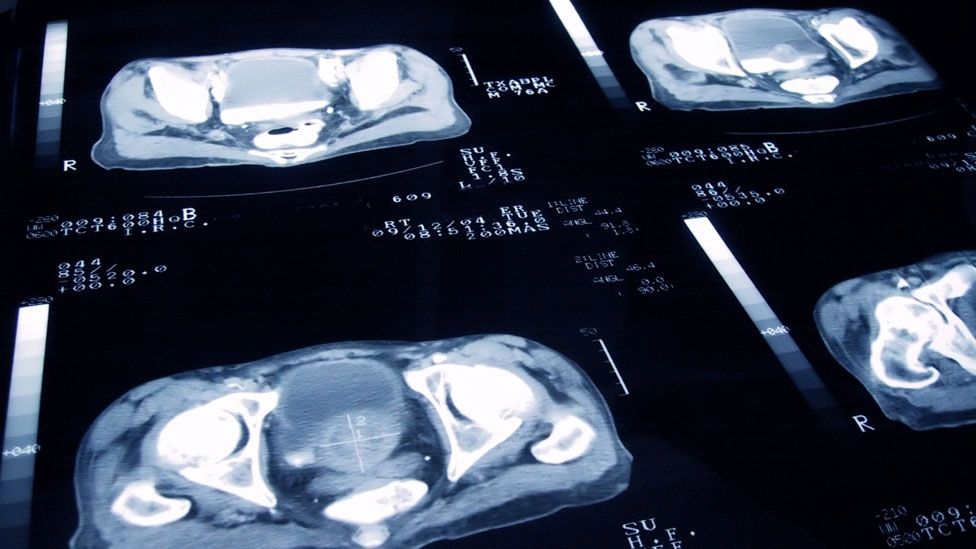-

-
-
Loading

Loading

A major trial has found that men undergoing treatment for prostate cancer could safely receive significantly less radiotherapy. The study, which involved nearly 900 men with medium-risk prostate cancer, found that doses could be reduced by three-quarters, meaning that five higher doses were sufficient instead of the usual 20. Lead researcher Prof Nicholas van As from the Royal Marsden Hospital described the results as "outstanding" and "fantastic" for patients. Prostate Cancer UK welcomed the findings, stating that it had the potential to save time and money for the NHS while providing the best outcomes for patients. The study also found that side effects were minimal in both groups. The PACE-B trial's top-line results will be released at the American Society for Therapeutic Radiation and Oncology (Astro) conference in San Diego. Prof van As expects the results to lead to significant changes in the delivery of radiotherapy. The NHS is projected to quickly adopt the lower-dose treatment, which could save hundreds of thousands of doses of radiotherapy. Prof van As estimates that around 8,000 men a year in the UK would meet the criteria for the new treatment and could benefit from having all their treatment in one week instead of spreading it over a month. In the UK, the standard treatment consists of 20 doses of radiotherapy, while other countries such as the US use up to 40 doses. Another key element of the trial was that none of the 874 men were given hormone therapy to block testosterone, which is known to drive prostate cancer. Hormone therapy has various side effects, such as severe tiredness, hot flushes, and low libido. Prostate Cancer UK praised the new treatment for being just as effective as traditional radiotherapy while allowing men to receive quicker treatment with fewer hospital visits. A patient who participated in the trial also encouraged other men to get checked for prostate cancer early, as it allows for easier treatment with fewer side effects.